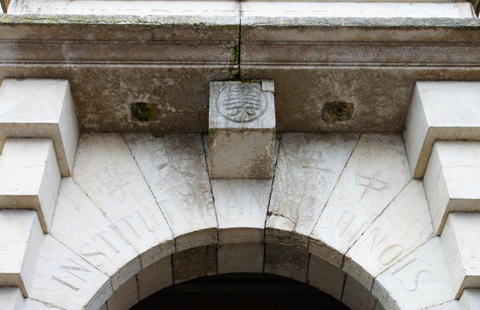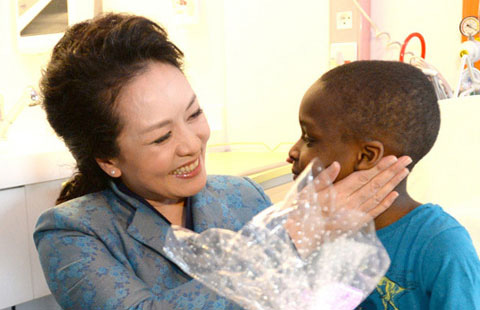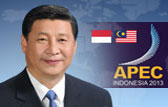Xi's visit to boost China-EU ties
Updated: 2014-03-21 08:00
By Carmen Cano (China Daily)
Comments Print Mail Large Medium SmallPresident Xi Jinping's visit to European Union institutions in Brussels on March 31 will be historic. It will be the first visit by a Chinese head of state to the EU. It will be an occasion where the new leadership of China will lay out its vision for relations with Europe.
We in the EU are happy that President Xi will use the opportunity to visit four member states of the EU: the Netherlands, France, Germany and Belgium. His visit will give the world a strong signal of the importance China attaches to its relations with the EU - and the world will see in the way President Xi is welcomed that we attach equal importance to the relationship.
Since the establishment of the EU-China strategic partnership in 2003, our relationship has become increasingly closer and stronger. Looking ahead, and as the European Council President Herman Van Rompuy said at the 16th EU-China Summit in Beijing in November, the next 10 years of the EU-China strategic partnership will require even more interaction and support for each other's development.
We have moved from being a bilateral, trade-focused relationship, to one where we strive to tackle together the most important global challenges. Trade remains a defining component of our relationship. China is the EU's second-biggest trading partner - while the EU is China's biggest trade partner. Our trade relations have been the source of mutual benefit. We have become fundamentally interdependent and mature partners with the ability to solve friction through negotiation.
We now have a growing mutual interest in continued global growth and security. One of the main tasks we now face is to further develop our cooperation on security, defense and strategic relations. We are already cooperating in anti-piracy operations off the coast of Somalia, and we have seen how cooperation on issues like Iran and South Sudan contributes to resolving conflicts around the world. We need to broaden this cooperation to other global hot spots: Syria, Central Africa and Ukraine.







